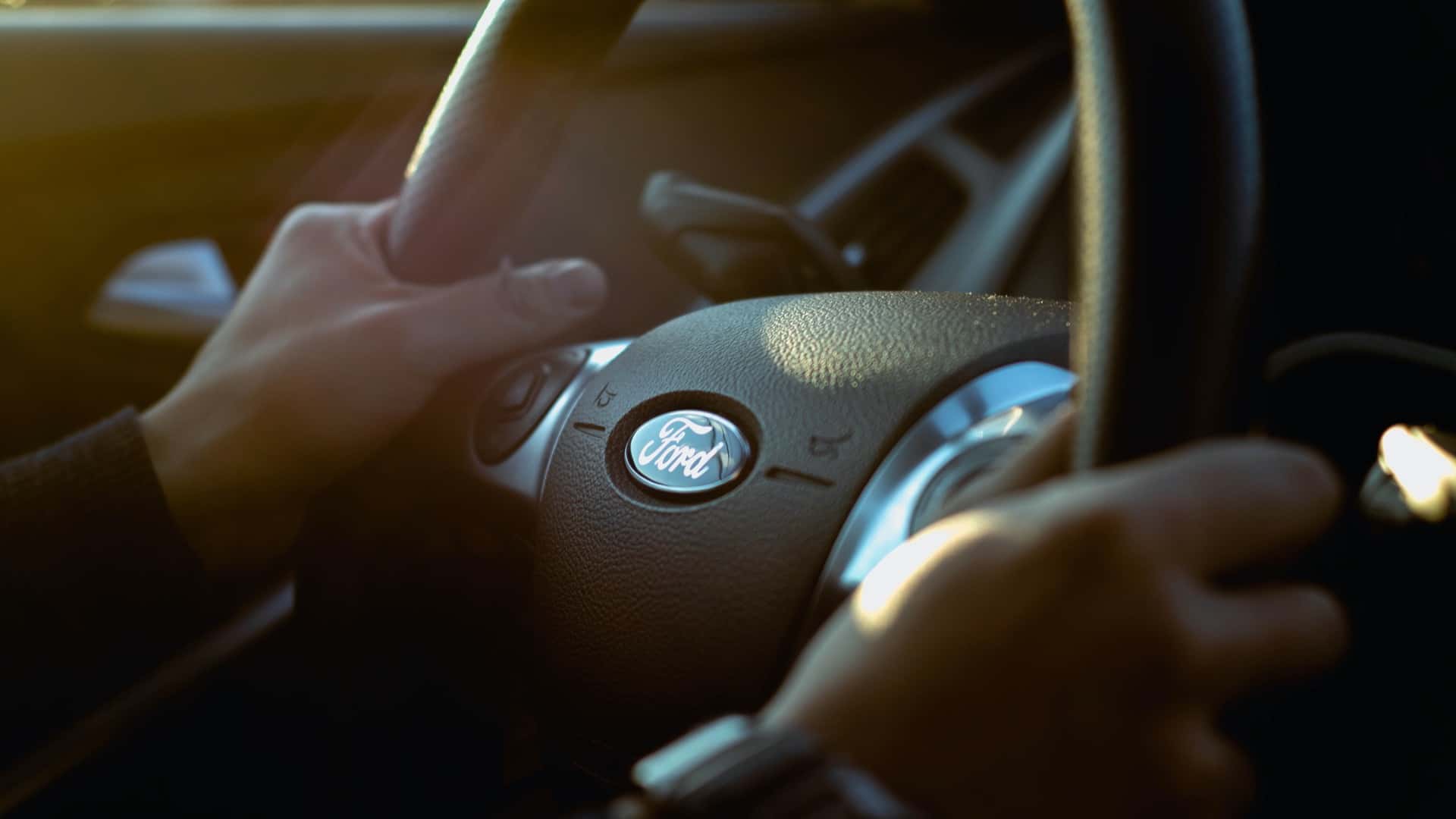Could defects in the 2017 Ford Explorer be making drivers and passengers sick? According to a recent Bloomberg article, Ford is under fire for allegedly downplaying or outright denying consumer claims that exhaust fumes and other defects in 2011-2018 Explorer models were making people feel dizzy, suffer from headaches, or even pass out. While the company continues to insist that the Ford Explorer is safe to drive, many consumers disagree. Right now, the company is facing more than fifty legal claims nationwide, claiming that they have suffered illnesses related to excessive exposure to carbon monoxide while driving or riding in a Ford Explorer.
Complaints Since 2011
Reports by Ford Explorer owners about issues relating to carbon monoxide exposure are not new. When the 2011 model of the Ford Explorer hit the market almost a decade ago, complaints began to emerge that exhaust fumes were creeping into the cabin of the vehicle, causing physical reactions in drivers and passengers. When a Ford engineers conducted a test on a 2011 vehicle, they concluded that a “slight exhaust odor” was noticeable, but only under very specific conditions—when the climate-control system was in recirculation mode and the vehicle was accelerating at full-throttle. So, Ford maintained that the average consumer was not likely to operate the vehicle under these conditions, so they dismissed consumer complaints. However, recently unearthed documents show that Ford dealers detected multiple exhaust system leaks in approximately fifty Ford Explorers.
Ford’s Responses Repeatedly Downplay Consumer Concerns
While Ford continues to claim that there is no issue with their exhaust systems, they have still dealt with individual complaints in a variety of ways. Between the years of 2011 and 2016, records show that Ford bought back around 100 Explorers from consumers who were complaining about the carbon monoxide issue. However, they insist that these buybacks are simply their way of keeping their customers happy and maintaining gestures of goodwill. Even after a high profile event in 2017 involving a police officer who passed out while driving an Explorer vehicle in 2015, allegedly due to carbon monoxide exposure, Ford claimed that the issues stemmed from the alterations made to the vehicle after it was purchased, not from a defect in the Explorer itself. Other police officers who drove Explorers tested positive for carbon monoxide exposure, which Ford again blamed on modifications made to the vehicles after they were purchased.
Moving Forward
Carbon monoxide exposure is difficult to track or prove. For now, drivers such as Bert Henricksen are taking matters into their own hands and driving their Explorers with a carbon monoxide detector in the cabin. The levels fluctuate sporadically, with no fumes detected for days and then a sudden rise once in awhile. Consumers track their symptoms as well, as gradual exposure over time to carbon monoxide can be hazardous to your health. While pending litigation and claims against Ford gradually unfolds across the country, we shall see what steps, if any, Ford takes to redress these issues.
Do you have questions about California lemon law? If so, reach out to Lemon Law Partners, LLP today by calling (510) 944-0336 to arrange a free case evaluation with a dedicated attorney.



